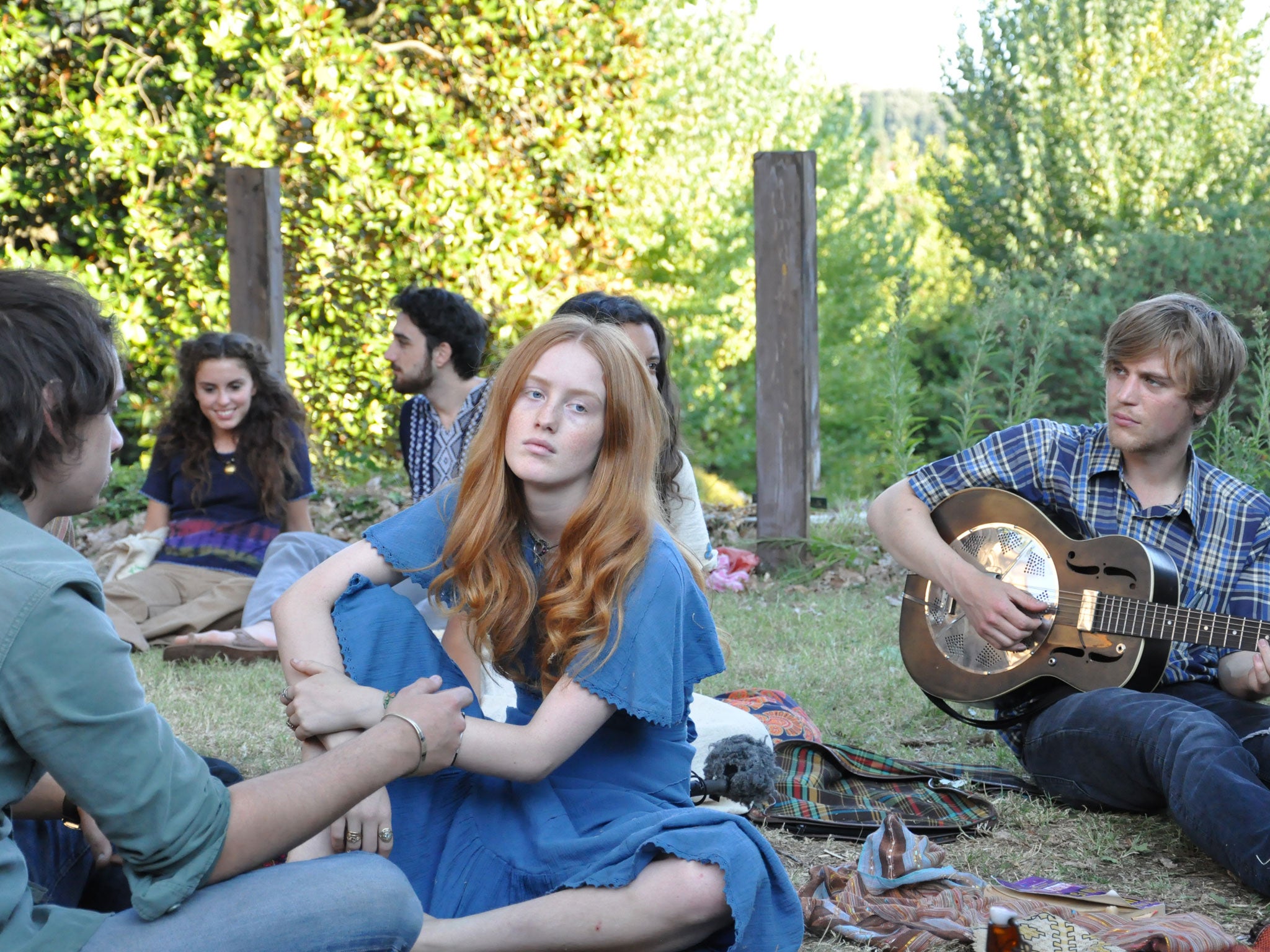Film review: Something in the Air - French salad days of music, Gauloises, and a revolution that never came

Your support helps us to tell the story
From reproductive rights to climate change to Big Tech, The Independent is on the ground when the story is developing. Whether it's investigating the financials of Elon Musk's pro-Trump PAC or producing our latest documentary, 'The A Word', which shines a light on the American women fighting for reproductive rights, we know how important it is to parse out the facts from the messaging.
At such a critical moment in US history, we need reporters on the ground. Your donation allows us to keep sending journalists to speak to both sides of the story.
The Independent is trusted by Americans across the entire political spectrum. And unlike many other quality news outlets, we choose not to lock Americans out of our reporting and analysis with paywalls. We believe quality journalism should be available to everyone, paid for by those who can afford it.
Your support makes all the difference.Despite the title Something in the Air, the 1969 Thunderclap Newman hit of the same title doesn't feature in the new film from French writer-director Olivier Assayas.
What we get instead is a vivid sense of what was in the air if you were young, French and political in 1971 – if you were writer-director Olivier Assayas as a teenager. What his generation's high-school years smelled of, apparently, was a mix of Gauloises, petrol bombs and patchouli oil, while the background sound was a blend of beat poetry and, unexpectedly, English hippie folk. If you ever dreamed of seeing a political youth movie set to The Incredible String Band, this is it.
Dream, or reverie, is the right word. True, there is, early on, a tumultuous scene in which young Gilles (Clément Métayer) and his militant school- friends face Parisian riot police, batons crunching on youthful bones. Yet, on the whole, the film comes across as a fond scrapbook of Assayas's reminiscences of being energetic and idealistic – and coming to the political scene just too late. The film's original French title is Après Mai, and the action is set three years after the explosive events of May 1968. Gilles has discovered politics just when France's left is living with the failure of its wished-for revolution; what's also in the air is a melancholy scent of missed opportunity.
But that doesn't stop Gilles and his friends from taking to radical rhetoric with a passion. Early on, he attends a meeting to debate the police beating of a student; it quickly becomes a factional free-for-all, with people angrily accusing each other of being Trotskyists or worse. The same went, in 1971, for cinema. After an agitprop screening, a viewer objects that revolutionary cinema should use revolutionary style. No, says someone else, that would be a turn-off for the proletariat, and itself petit bourgeois. Radicalism in those days, Assayas suggests, was a no-win situation. No wonder Gilles ends up in Pinewood working as a runner on a Nazis-and-dinosaurs movie.
Gilles takes an interest in other things, too. He paints, he creates psychedelic light shows, he reads Gregory Corso's poetry – I trust you feel inadequate, all you Brits whose sixth-form memories of '71 are of dancing to "Knock Three Times" and watching Eurovision with your parents. His thoughts also turn to love, first with floaty, arty Laure (Carole Combes), then with activist soulmate Christine (Lola Créton).
What we sense of Assayas's youth is that he lived in a great time and place to be young and smart – or just interested in things. For Gilles, politics is just one avenue for self-expression. The film is good at taking seriously aspects of the period now often dismissed as self-indulgent, such as the sacred dance that American student Leslie (India Salvor Menuez) intends to study, or Tangerine Dream-style space music.
The film has been criticised for not being really political, for offering a nostalgic view of the period's militantism, drained of its incendiary petrol. That might come as a surprise after Assayas's hard-nosed epic about Seventies terrorism, the magnificent Carlos. But Assayas is known for his lyrical side, too (e.g. Summer Hours) and his new film feels very much like a man looking back at his teenage diaries and feeling more fascinated than embarrassed – not disowning the emotion or the rhetoric, nor chuckling at his own straggly hair and tie-dyed T-shirts. Don't expect Maoist-era Godard here, but a tender confessional from someone whose youth was, you imagine, a bit more glamorous than Ken Loach's.
Critic's Choice
The Stoker is a mesmerising murder drama from Russian director Alexei Balabanov, who died last week – one of cinema's true Wild Men. Meanwhile, a wild man of rock and jazz, the volatile drum genius Ginger Baker, features in his own documentary – Beware of Mr Baker .
Join our commenting forum
Join thought-provoking conversations, follow other Independent readers and see their replies
Comments